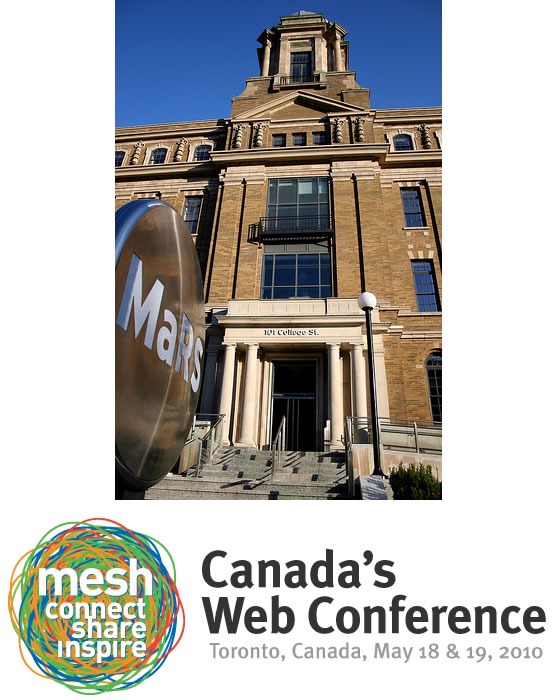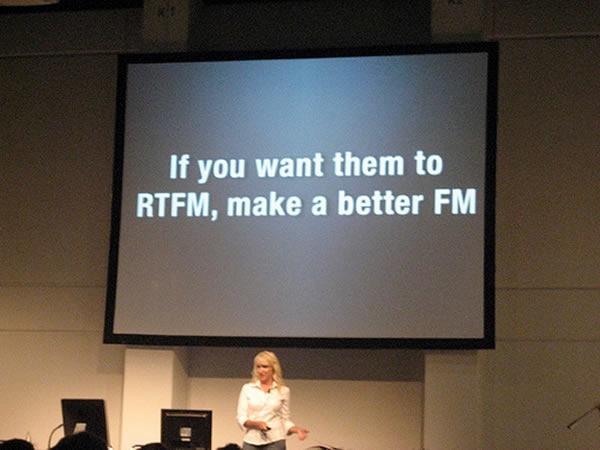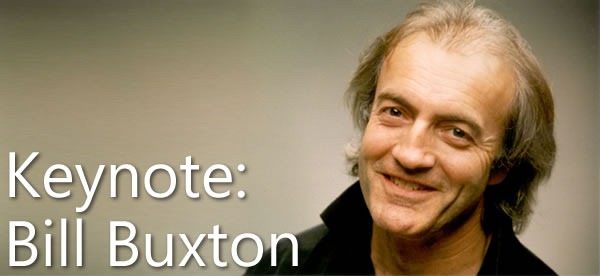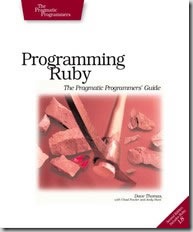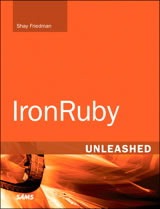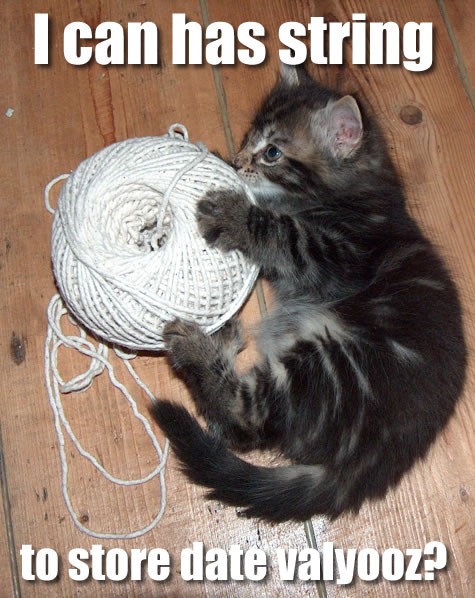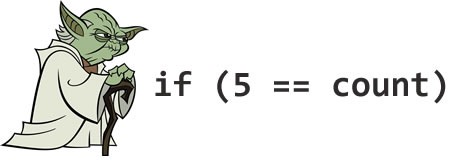The 2010 Mesh Conference – the fifth one – takes place at Toronto’s MaRS Collaboration Centre on Tuesday, May 18th and Wednesday, May 19th. Its organizers call it “Canada’s Web Conference”, and it is: it’s this country’s premier get-together for creatives, techies and “suits” to share ideas about the internet and how it affects how we work, live and play.
This Year’s Keynote Speakers
This year’s keynote speakers are:
Chris Thorpe, Developer Advocate for the Open Platform at The Guardian
His background as a research scientist and his early involvement in Open Access publishing, makes him fascinated and passionate about what happens when data, content, platforms, identity and pretty much anything opens up. He spends his time at The Guardian working on the best ways to integrate The Guardian’s content, data and APIs with other people’s technology and businesses as part of the drive towards building the distribution and engagement channels of a mutualized newspaper.
Joseph Menn, author of Fatal System Error: The Hunt for the New Crime Lords Who are Bringing Down the Internet
Fatal System Error: The Hunt for the New Crime Lords Who are Bringing Down the Internet, Menn’s third book, was published in the US in January 2010 and in the UK in February 2010 by PublicAffairs Books. Part true-life thriller and part expose, it became an immediate bestseller, with Menn interviewed on national television and radio programs in the US, Canada and elsewhere. Menn has spoken at major security conferences on his findings, which include hard evidence that the governments of Russia and China are protecting and directing the behavior of some of the world’s worst cyber-criminals.
Scott Thompson, President of PayPal
Scott Thompson is president of PayPal with overall responsibility for establishing PayPal as the leading global online payment service. Scott previously served as PayPal’s senior vice president and chief technology officer, where he oversaw information technology, product development and architecture for PayPal.
Arvind Rajan, Vice President, International at LinkedIn
Arvind Rajan leads the company’s initiatives in markets outside the United States and Europe. Prior to joining LinkedIn, Arvind was the CEO of Grassroots Enterprise. Also a co-founder of the company, Arvind developed pioneering online grassroots communications programs for a wide variety of Fortune 500 companies, trade associations and nonprofit organizations. Arvind began his career with the Boston Consulting Group, and has held a wide range of leadership positions in emerging growth technology companies.
This Year’s Topics
Mesh will have two days’ worth of sessions covering a number of topics, including:
- Open Government
- Mobile phones and computing
- The Pirate’s Dilemma
- Privacy in the age of Facebook
- Real-time
- Social media in the Olympics, in the newsroom, as used by Médecins Sans Frontières and your business
For more, see the schedule.
Who’s Behind Mesh?
Mesh is a great example of the sort of thing that engaged and enthusiastic communities can create. It wasn’t created by a professional conference-organizing company, software vendor or government program, but by these five individuals known through the Toronto tech scene:
- Mark Evans: Digital marketing and social media consultant, former VP at my old company, b5media, worked with the startups PlanetEye and Blanketware, and former tech journo with the National Post and Globe and Mail.
- Mathew Ingram: Senior writer with GigaOm, former tech journo with the Globe and Mail and supreme tech blogger-about-town.
- Mike McDerment: Runs Freshbooks, one of Toronto’s most successful start-ups.
- Rob Hyndman: If (or more likely, when) I get sued, I’ll haul ass for Rob’s office! Considered by the Toronto tech scene to be its unofficial legal advisor, Rob runs Hyndman | Law, a boutique law firm catering to tech companies.
- Stuart McDonald: Runs Tripharbor/Tripharbour; in a former life, he brought Expedia to Canada.
And of course, there are the sponsors, which includes Microsoft Canada. I’ll be there, representing The Empire along with my coworkers David Crow, Barnaby Jeans and John Oxley.
Get Your Tickets Now!
There’s not much time left before Mesh, and tickets are going quickly. The student tickets are already gone, but a few regular tickets — CAD$539 each – are still available at the registration page.
